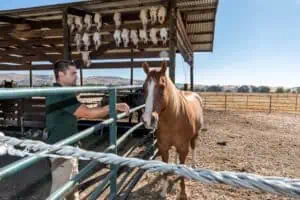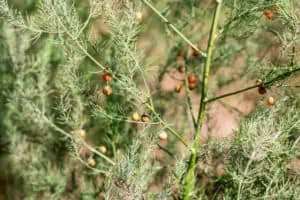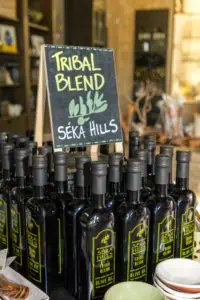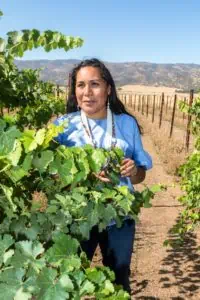Join today and support organic food & farms!
Organic Farmers Association members support a strong voice for organic farmers in Washington, D.C.
The Organic Farmers Association is the ONLY national organization where solely independent certified organic farms determine its policies and work agenda. OFA was founded on the belief that the voice of farmers like you should carry the most weight in agricultural policy decisions.
In recent years, OFA has made a difference by putting significant pressure on the USDA to finalize the Origin of Livestock Rule to help organic dairies and finalize the Strengthening Organic Enforcement Rule to stop organic fraud and increase enforcement. We testified and advocated to allow paper pots for small-scale vegetable growers, introduced the ODAIRY Act of 2023, and advocated for stronger animal welfare standards for organic livestock and poultry production (OLPS Rule).
We have proved that farmer voices are stronger when we work together. Join us in this movement by becoming a member today!
Farm
Membership
U.S. certified organic farmers should select this membership. Only farm members are eligible to vote on Organic Farmers Association policy positions and priorities. International farmers, or farms that are not certified organic, should select the Supporter Membership.
Supporter Membership
Not a certified organic farmer, but want to support the organic farmers that make our planet and food systems a better place? Supporter members will be connected to the discussions about policies that affect organic farmers, and be called to advocate on their behalf.
Organization Membership
Organizations that have a significant membership (or stakeholders) of certified organic farmers should select this membership. Organization Members receive the tools they need to advocate for policies important to organic farmers and extend their network.

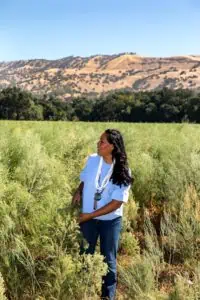 Tribal Nations have grown food systems for millennia. In deserts. Along coastal and inland waterways. In low mountains. In high mountains. And in some of our most fertile and infertile lands across this country. Today, despite massive loss of land (which, ironically, some of which is certified organic farmland now), loss of animal and plant diversity, and limitations on access to traditional hunting and gathering grounds—Indigenous people continue to grow their food systems. And yet, we see few in the organic community. According to the Union of Concerned Scientists, Black, Indigenous, and other people of color makeup nearly one-quarter of the population—but operate only 5% of farms nationwide. The USDA’s organic integrity database, with approximately 19,400 U.S. farm certifications, lists less than ten Tribal farm organic certifications. In the 2012 Agricultural census, 95.42% of all organic farms were white-owned and operated. Presently, we see the disruptions of societal institutions that have been created or implemented to serve primarily the white community, and so we should also evaluate who the organic community is serving and how.
Tribal Nations have grown food systems for millennia. In deserts. Along coastal and inland waterways. In low mountains. In high mountains. And in some of our most fertile and infertile lands across this country. Today, despite massive loss of land (which, ironically, some of which is certified organic farmland now), loss of animal and plant diversity, and limitations on access to traditional hunting and gathering grounds—Indigenous people continue to grow their food systems. And yet, we see few in the organic community. According to the Union of Concerned Scientists, Black, Indigenous, and other people of color makeup nearly one-quarter of the population—but operate only 5% of farms nationwide. The USDA’s organic integrity database, with approximately 19,400 U.S. farm certifications, lists less than ten Tribal farm organic certifications. In the 2012 Agricultural census, 95.42% of all organic farms were white-owned and operated. Presently, we see the disruptions of societal institutions that have been created or implemented to serve primarily the white community, and so we should also evaluate who the organic community is serving and how.